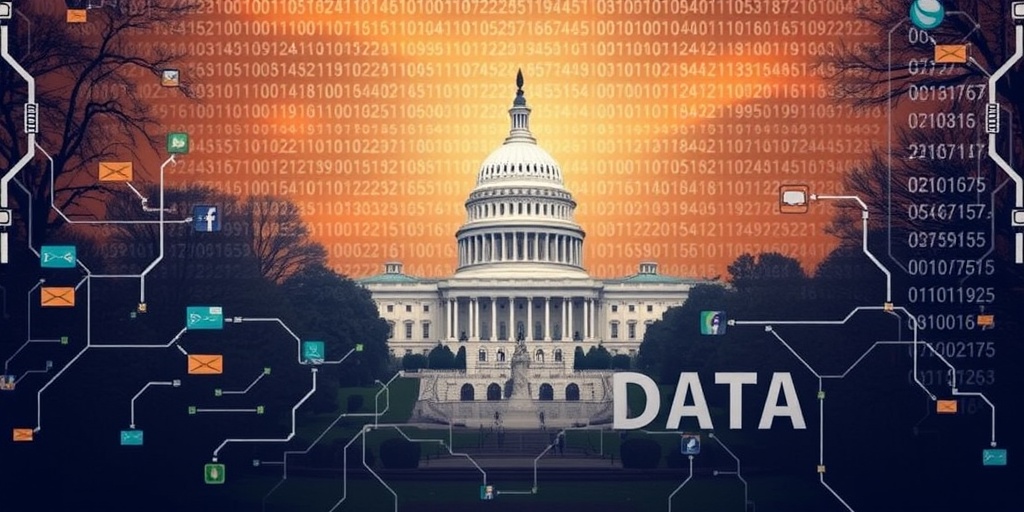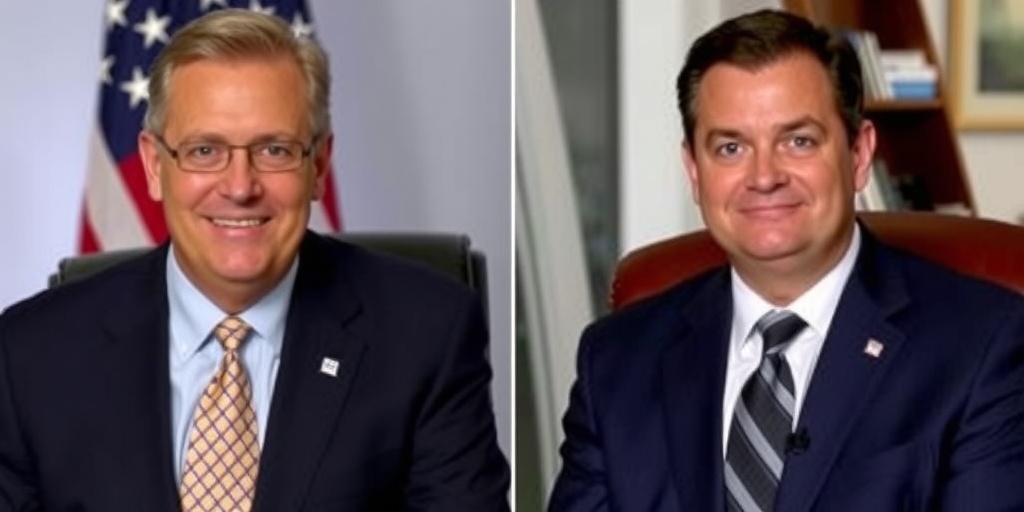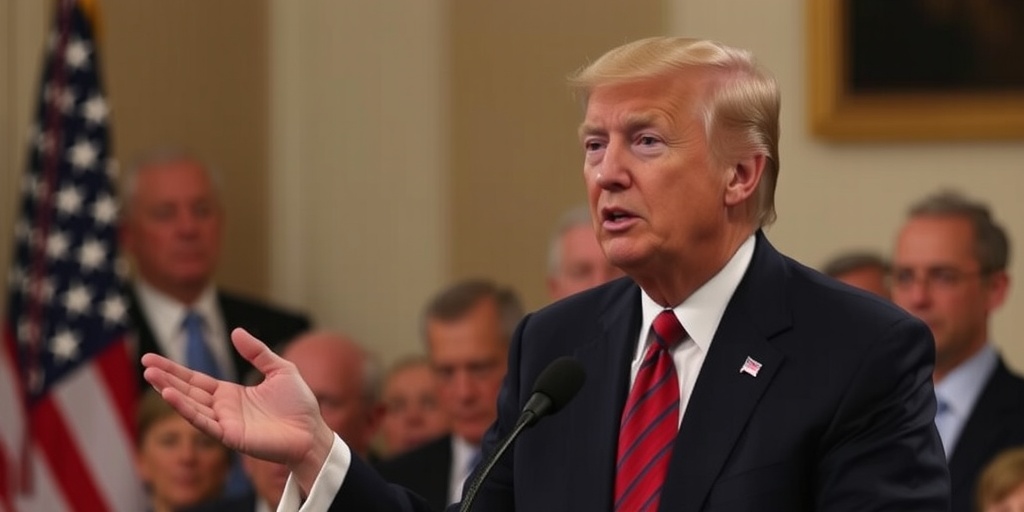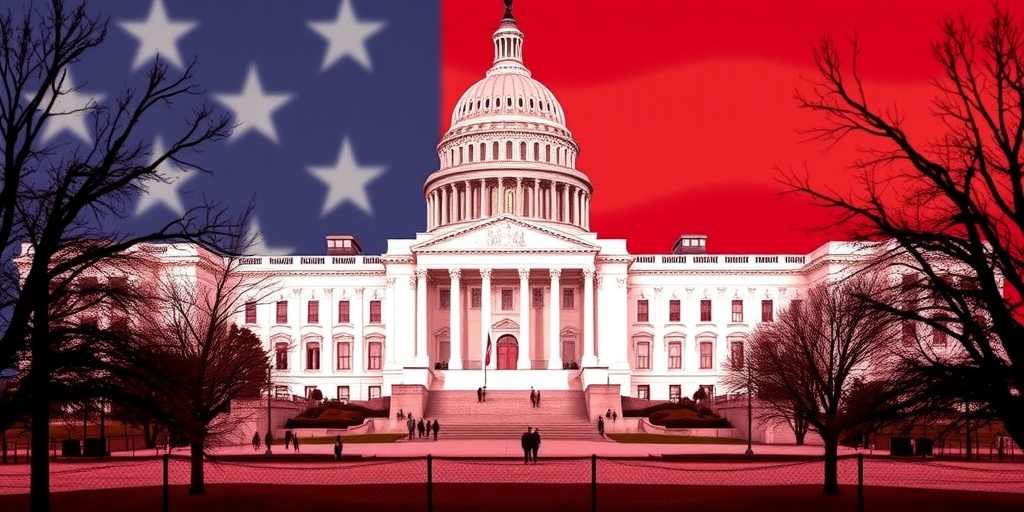Now Reading: Government Battles Over Control of Americans’ Personal Data
-
01
Government Battles Over Control of Americans’ Personal Data
Government Battles Over Control of Americans’ Personal Data

Concerns Rise Over Elon Musk’s Allies Seeking Access to Sensitive Data at Social Security Administration
In a developing situation surrounding the Social Security Administration (SSA), Michelle King, the acting commissioner, reassured Democratic leaders on Capitol Hill regarding the engagement of two representatives from Elon Musk’s self-styled Department of Government Efficiency (DOGE). With the SSA safeguarding medical data, bank account information, and personal digital records of approximately 70 million Americans who collectively receive over $1 trillion in annual benefits, the entry of Musk’s team has raised significant alarm.
In a letter dated February 11, sent to Senator Ron Wyden of Oregon, King emphasized that the DOGE representatives had not accessed any personal information and affirmed that any future disclosures would comply with existing legal protocols. “I share your commitment to protecting sensitive personal and financial information from improper disclosure and misuse,” she clarified in her correspondence viewed by The New York Times. King highlighted that the SSA adheres to all relevant laws when it grants access to its systems.
However, the situation took a dramatic turn when Musk’s team formally requested access to the sensitive data housed within the agency. King’s reluctance to grant such access led to her departure, along with her chief of staff, Tiffany Flick, as reported by sources familiar with the matter. In the aftermath, Leland Dudek, a relatively junior staff member with prior involvement with DOGE, was elevated to temporarily lead the SSA, as directed by the Trump administration.
This incident at the SSA reflects a broader trend emerging within the federal government, where Musk’s software engineers are pushing for unrestricted access to extensive personal information collected by government agencies in their alleged mission to eradicate bureaucratic inefficiencies and fraudulent government expenditures. Many career civil servants, however, are warily watching these entreaties, given that breaches in the confidentiality of such data can sometimes contravene federal statutes.
At the Internal Revenue Service (IRS), Musk’s team is reportedly advocating for one of its engineers, Gavin Kliger, to gain extensive access to the over 270 million tax returns filed annually by American taxpayers. This raises further concerns among IRS officials regarding the necessity and extent of the access Kliger and other DOGE personnel would require to execute their anti-fraud efforts.
During a discussion on Fox News, Stephen Miller, the deputy White House chief of staff, defended the move, asserting that access to taxpayer information was crucial in the effort to prevent fraud. "We are talking about performing a basic anti-fraud review," he stated, emphasizing the importance of forensic scrutiny to guard against large-scale misappropriation of federal resources.
Nonetheless, IRS officials are questioning the degree of information access necessary for Kliger to perform his duties, citing the potential for him to view sensitive information about individuals’ employment, investments, and family structures. Agencies are currently drafting a memorandum of understanding aimed at establishing clear boundaries regarding Kliger’s functions within the IRS, where he is likely to be detailed from the Office of Personnel Management.
Nina E. Olson, executive director of the Center for Taxpayer Rights, criticized the DOGE initiative, arguing that effective assessments of IRS systems could be achieved without delving into personal taxpayer information. “You can use anonymized data to make that determination,” Olson stressed, underscoring the potential risks associated with unrestricted data access.
The ongoing push by the Trump administration to empower political appointees with scrutiny over sensitive government databases has provoked backlash from labor unions and state governments, resulting in several lawsuits. While federal judges have temporarily restrained Musk’s team from accessing certain sensitive data in specific cases, the outcome remains varied across different agencies.
This tussle fundamentally concerns protecting data that cybercriminals frequently target as potential plunder. Experts and former officials have cautioned that hastily implemented changes to antiquated technology systems could lead to vulnerabilities, thus posing significant threats to the confidentiality of sensitive information.
Nancy Altman, president of Social Security Works, noted the potential repercussions of unrestricted access to government databases. “They could inadvertently make the system less secure,” she warned, indicating the severe implications for national security in terms of personal data exposure.
Moreover, the IRS and related government agencies maintain critical information regarding corporations, including those competing with Musk’s business ventures. Just recently, Russell T. Vought, head of the White House Office of Management and Budget, directed staff within the Consumer Financial Protection Bureau to release all unclassified information to DOGE personnel. While the specifics of what the DOGE officials have accessed remain unclear, the breadth of the Consumer Financial Protection Bureau’s data — which includes communications and analyses pertinent to competing payment systems — positions it as a valuable asset for Musk’s interests.
The Consumer Financial Protection Bureau, designed to shield consumers from misleading financial practices, has also initiated several investigations into e-payment systems. Notably, the agency reportedly discontinued several technology contracts essential for maintaining oversight on who accesses its data.
Despite the overarching concerns regarding data security stemming from the DOGE initiative, some within the government appear to be on board with Musk’s approach. Leland Dudek, the new acting commissioner of the SSA, has previously expressed support for Musk’s objectives on social media platforms. However, his recent post highlighting his alleged circumvention of standard procedures to collaborate with DOGE has since been retracted, raising further questions about government transparency and accountability in this continual upheaval.
As of now, Frank Bisignano, a prominent payment processing executive, awaits Senate confirmation for his nomination to lead the Social Security Administration. The complex interplay between politics, data security, and personalized oversight continues to unfold, with significant implications for privacy and governance on a national scale. The situation remains dynamic as civil servants, politicians, and Musk’s team navigate a landscape fraught with both opportunity and risk.
Stay Informed With the Latest & Most Important News
Previous Post
Next Post
-
 01New technology breakthrough has everyone talking right now
01New technology breakthrough has everyone talking right now -
 02Unbelievable life hack everyone needs to try today
02Unbelievable life hack everyone needs to try today -
 03Fascinating discovery found buried deep beneath the ocean
03Fascinating discovery found buried deep beneath the ocean -
 04Man invents genius device that solves everyday problems
04Man invents genius device that solves everyday problems -
 05Shocking discovery that changes what we know forever
05Shocking discovery that changes what we know forever -
 06Internet goes wild over celebrity’s unexpected fashion choice
06Internet goes wild over celebrity’s unexpected fashion choice -
 07Rare animal sighting stuns scientists and wildlife lovers
07Rare animal sighting stuns scientists and wildlife lovers





















